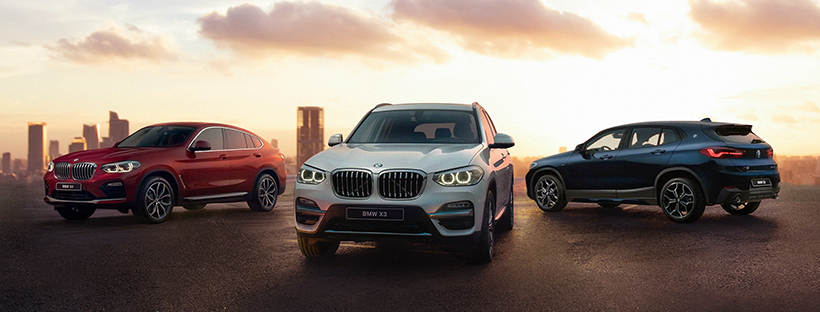
Photo credit: BMW AGMC (Dubai)
Bayerische Motoren Werke AG, or BMW as it’s more commonly known, has a rich and storied history that spans over a century. Founded in 1916, this German automaker has consistently produced a lineup of iconic and high-performance vehicles that have earned it a place among the world’s top luxury car manufacturers. In this article, we’ll take a deep dive into the history of BMW cars, from its humble beginnings to its current status as a global automotive powerhouse.
The Early Years (1916-1945)
BMW’s origins can be traced back to the early 20th century when it was founded as a successor to the Rapp Motorenwerke aircraft engine company. Initially, BMW focused on producing aircraft engines, but after World War I, the Treaty of Versailles prohibited Germany from producing aircraft engines. This led BMW to shift its focus to motorcycle production in the 1920s.
In 1928, BMW ventured into the world of automobiles with the acquisition of the Dixi car factory in Eisenach, Germany. The Dixi became the BMW 3/15, marking the company’s entry into the automotive market. This small, affordable car laid the foundation for BMW’s future success in the passenger car market.
The Pre-War Era saw BMW producing various models, including the iconic 328 sports car, which gained fame for its performance and styling. Unfortunately, World War II disrupted production, and BMW returned to manufacturing aircraft engines for the war effort during this period.
Post-War Recovery and Innovation (1945-1970s)
After World War II, BMW faced significant challenges, including financial difficulties and a damaged reputation due to its association with the Nazi regime. However, the company rebounded by focusing on producing motorcycles and small economy cars, such as the Isetta “bubble car.” This period of rebuilding culminated in the introduction of the BMW New Class series in the early 1960s.
The New Class models, including the 1500, 1600, and 2000, helped BMW regain its status as a premium car manufacturer. These cars were known for their sporty handling, refined interiors, and innovative engineering. The New Class also laid the groundwork for the legendary BMW 3 Series, which debuted in the mid-1970s and quickly became a benchmark for sports sedans.
The Ultimate Driving Machine (1980s-1990s)
The 1980s and 1990s marked a period of significant growth and innovation for BMW. The company introduced the BMW M division, responsible for producing high-performance versions of their existing models, such as the M3 and M5. These cars showcased BMW’s commitment to delivering the ultimate driving experience, combining power, agility, and precision.
In 1983, BMW launched the first-generation BMW 5 Series, setting new standards in the midsize luxury sedan segment. The 7 Series and 6 Series also debuted during this time, solidifying BMW’s reputation for crafting luxurious yet dynamic vehicles.
Entering the 21st Century (2000s-Present)
The 21st century has seen BMW continue its commitment to innovation, sustainability, and cutting-edge technology. The company introduced the BMW i sub-brand, focusing on electric and plug-in hybrid vehicles. The BMW i3 and i8 showcased the brand’s prowess in electric mobility and advanced materials.
In recent years, BMW has expanded its lineup to include SUVs and crossovers, responding to the growing demand for such vehicles. The BMW X5, X3, and X1 have been particularly successful in the SUV market, blending BMW’s trademark driving dynamics with increased practicality.
Furthermore, BMW’s continued commitment to cutting-edge technology has resulted in advancements like the iDrive infotainment system, autonomous driving features, and connectivity options that keep drivers connected on the go.
From its beginnings as an aircraft engine manufacturer to its current status as a global leader in luxury and performance automobiles, BMW’s journey through the automotive industry is nothing short of remarkable. Throughout its history, BMW has consistently delivered on its promise of producing the “Ultimate Driving Machine,” and its commitment to innovation and quality ensures that it will continue to shape the future of automotive excellence for years to come. BMW’s legacy is one of precision engineering, driving pleasure, and a dedication to pushing the boundaries of what is possible in the world of automobiles.


